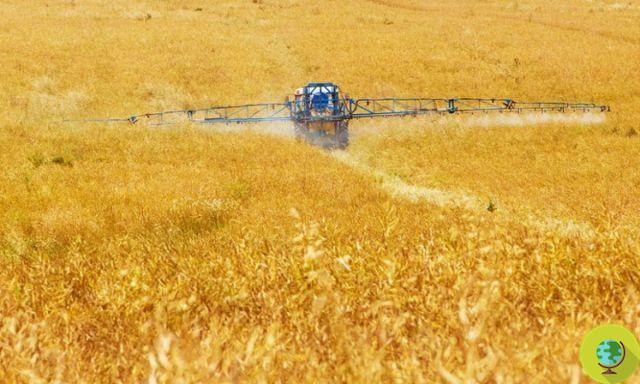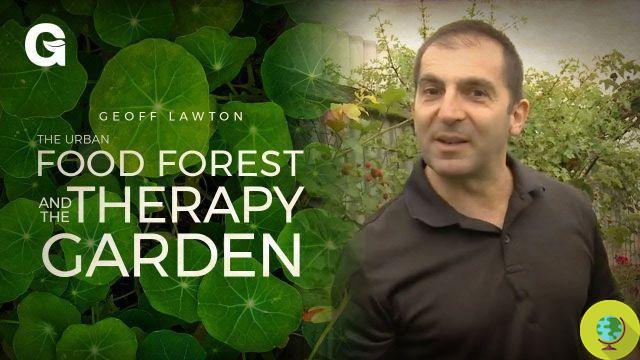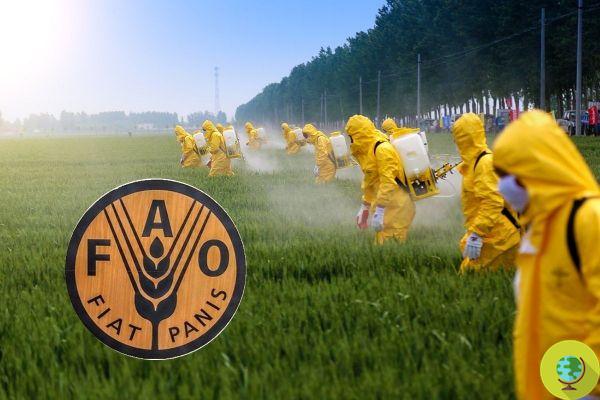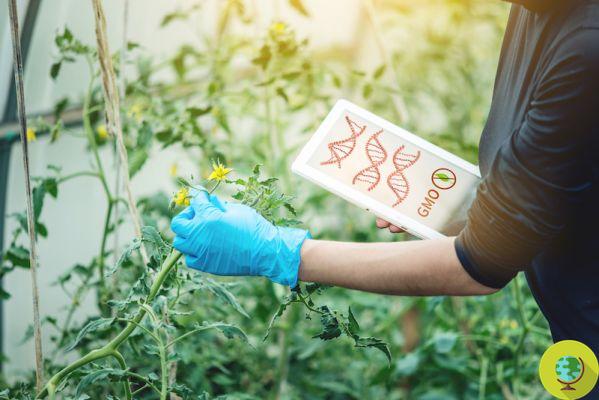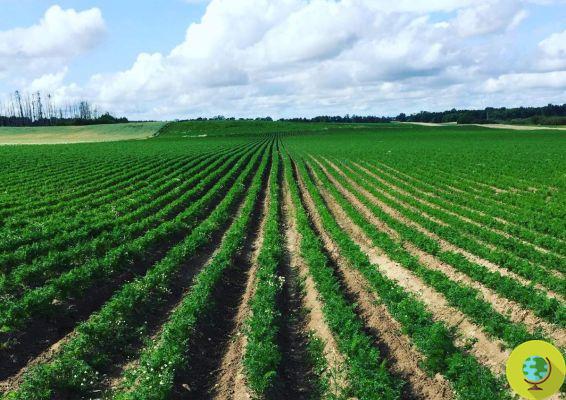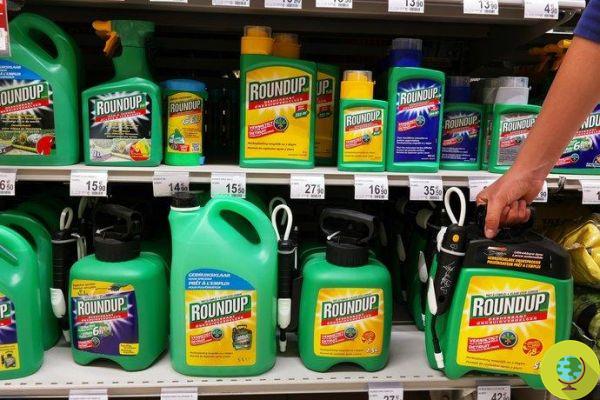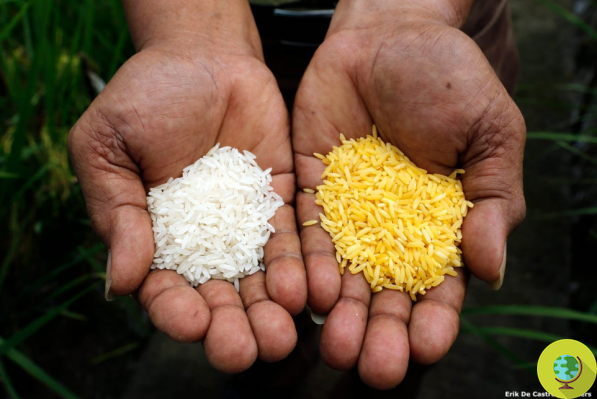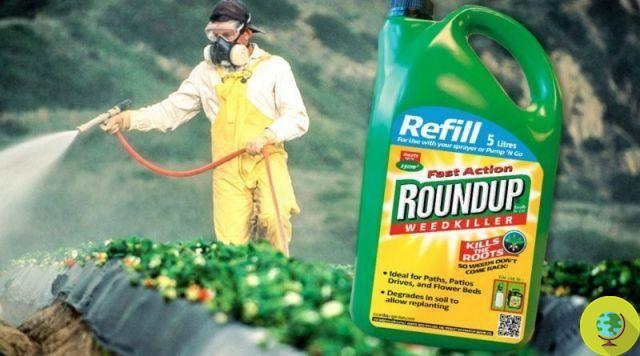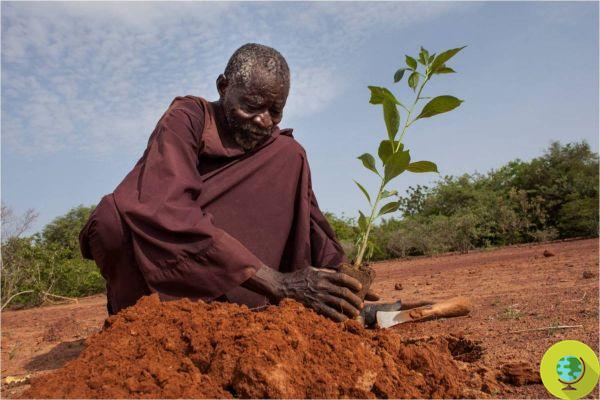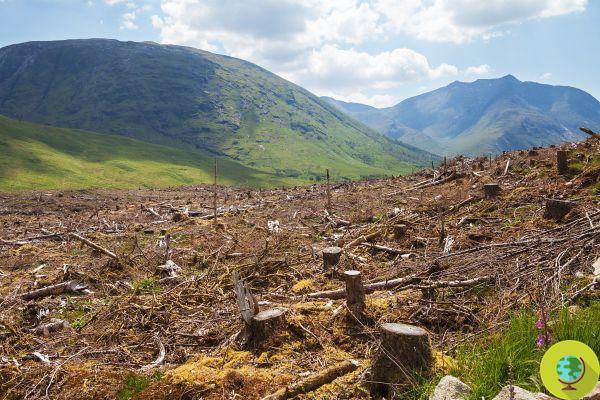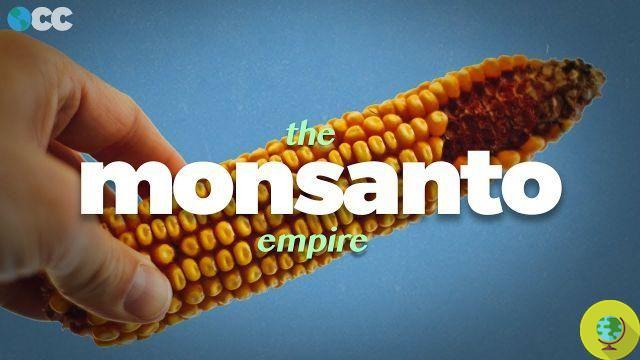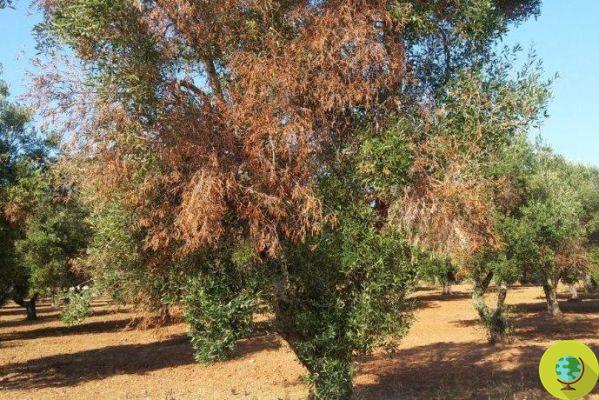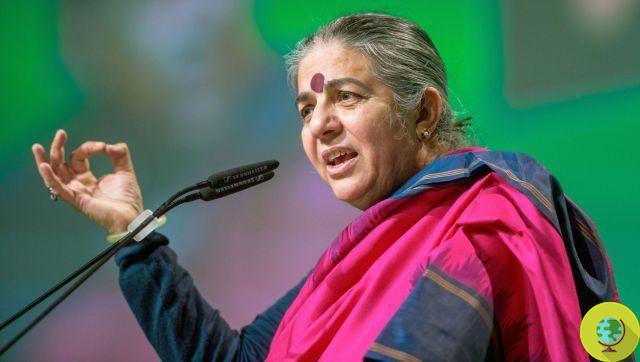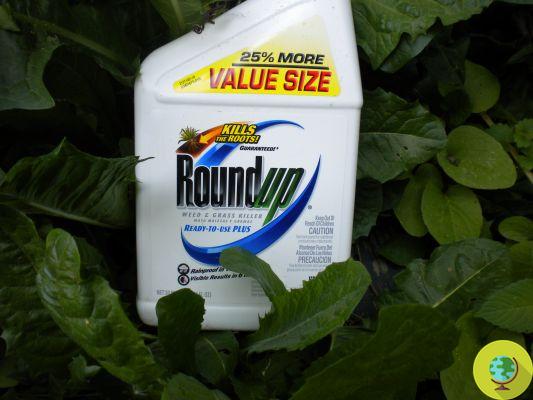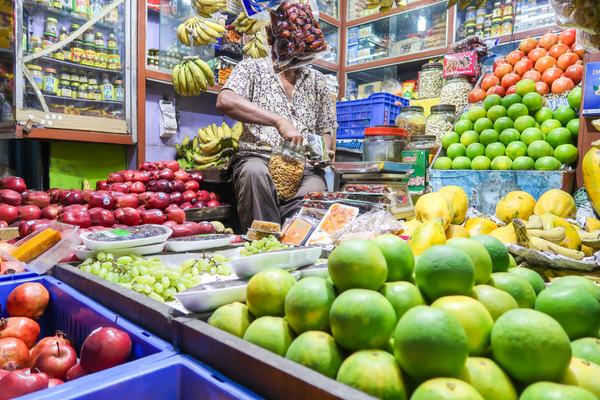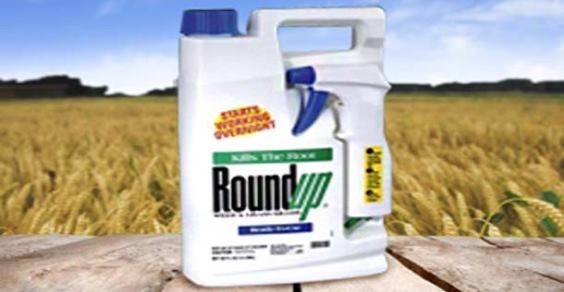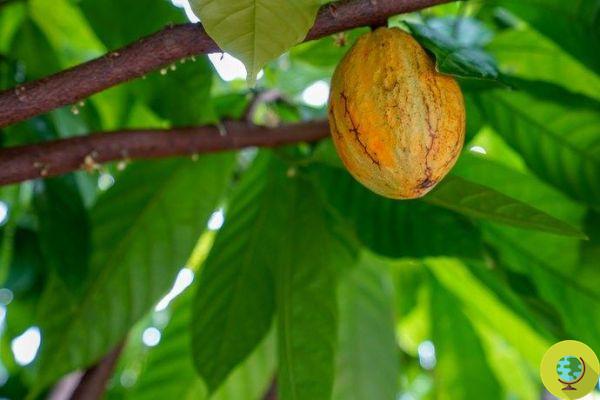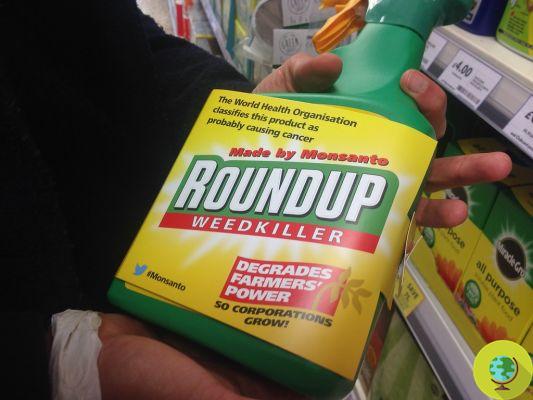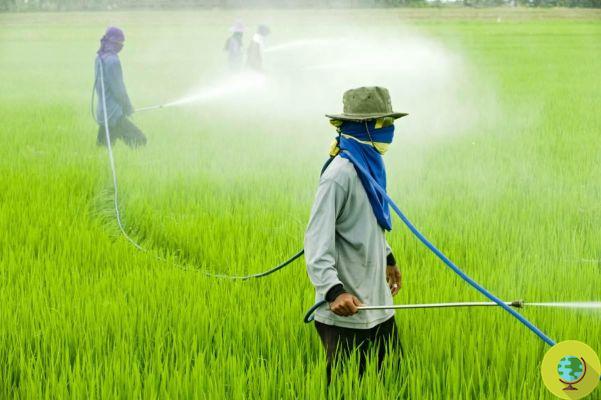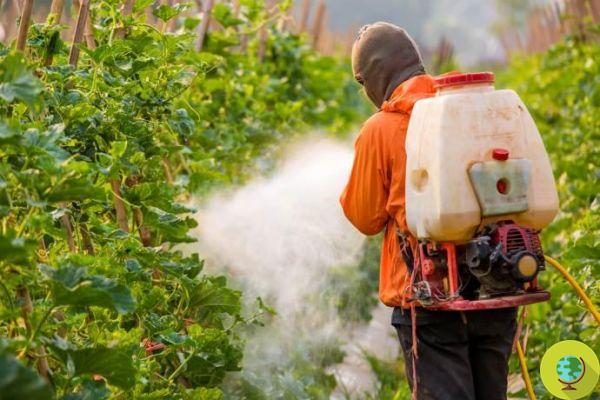A study demonstrates how compost produced from cocoa pod waste would be better than traditional fertilizers in reducing soil acidity and increasing a plant's yield and size.
He is about to end up run over, his mother saves himMost of the fabulous chocolates we taste come from cocoa beans: in fact, the shells, that is the external cocoa peels, are discarded by all the industries. Therefore, if the cocoa beans, dried, toasted and peeled, are destined for the production of chocolate, the skins end up in the waste and only partially are used to produce feed or fertilizers. But if a organic compost?
The answer comes from a study published in the Online Journal of Biological Sciences, which aims to give new life to these shells, using rotting mushrooms, which can be used to produce high quality compost from the peels as a substitute for inorganic fertilizers. (Read also: Bacteria instead of petroleum-based fertilizers, the new frontier of agriculture)
The study, led by researchers at Hasanuddin University in Indonesia, identified which species of mushrooms were able to make phosphate soluble, as well as further examining the husk compost on cocoa beans.
Previous research had already explored the potential of cocoa pod husks, especially outside of the mere harvest, and researchers had already identified the shells - only decomposti - as a potential source of organic matter. White rot mushrooms, in particular, can break down large amounts of lignin, which is the main component of wood, with little damage to the cellulose. In this process, secondary metabolites are produced to aid in the absorption of phosphate and make it available to plants.
A systematic review
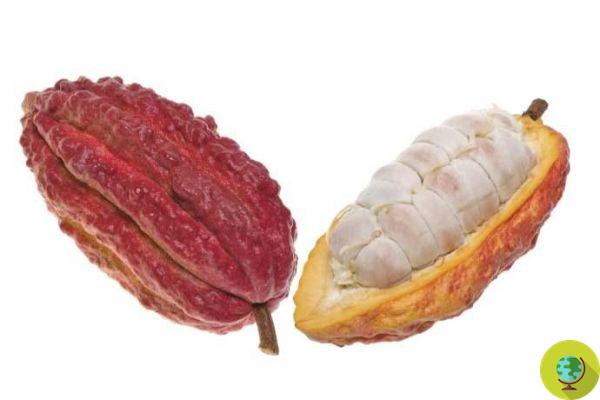
White rot fungi are a type of fungus that is capable of degrade lignin in feed material from waste, so it can be used to increase the added value of cocoa as an alternative feed ingredient, for example to meet the nutritional needs of cattle.
For research, the team isolated various species of rotting fungi from rotting cocoa stalks and purified them. These were then grown on solid soils mixed with 0,5% tricalcium phosphate (Ca3PO4) to serve as a source of phosphate. The team also observed how adding compost would affect the growth of cocoa seedlings.
Phosphorus, of course, is a key component in fertilizers, as it helps regulate plant protein synthesis. It is also needed in cell division and new tissue growth and plays a role in complex energy transformations in the plant. In terms of morphology, phosphorus promotes root growth and accelerates the maturation process of plants.
Based on the results, the researchers identified eight species of isolated rotting fungi: Mycena sp. , Lycoperdon sp. , Auricularia sp. , Schizoshyllum sp. , Coprinus sp. , Tremetes sp. , Pleurotus sp. and Tremella sp. While all species were capable of producing soluble phosphate from substrates, Lycoperdon sp. and Pleurotus sp. were the most effective.This is because fungi are better equipped to dissolve phosphate than bacteria. Soil pH level has also been a factor in the effectiveness of some fungal strains in breaking down phosphates.
The two fungal species also recorded results similar to those of chemical fertilizers, so the researchers concluded that Lycoperdon sp. and Pleurotus sp. they could be potential decomposition agents in the production of high-quality fertilizers from cocoa pod shells.
In short, compost from cocoa waste produced with rotting mushrooms is comparable with inorganic fertilizer in promoting the growth of cocoa seedlings. In this way, it is hoped that the peels of the cocoa pods can be reused as organic fertilizer, reducing waste, costs according to a real and profitable circular economy.
Read also
- Prepare these amazing plant fertilizers with 5 daily scraps that you would throw away
- 10 bizarre tricks to use for your vegetable garden and garden
- Natural fertilizers: 10 infusions to nourish the plants
- 100% compostable bioplastic vegetable boxes from artichoke waste




